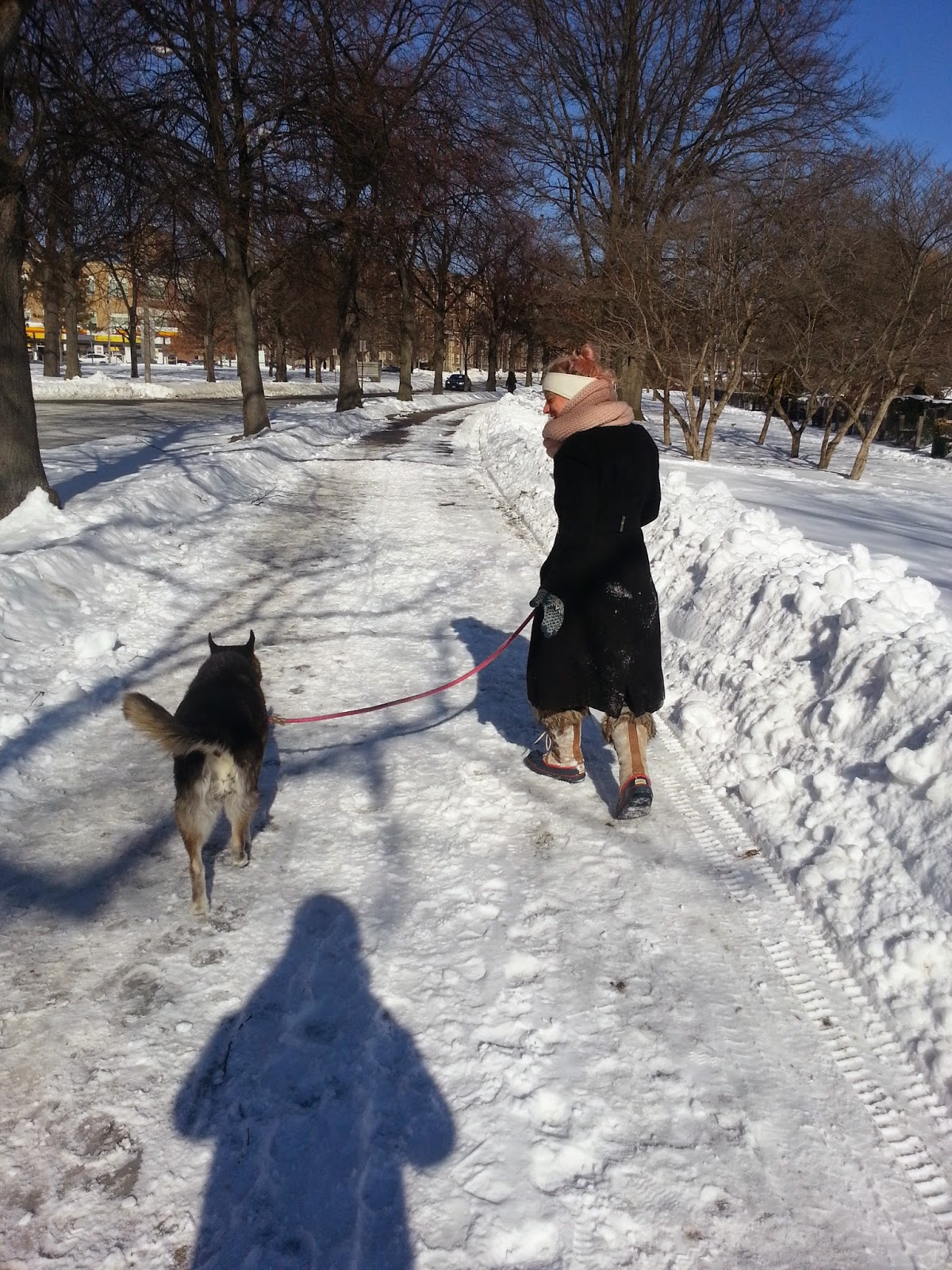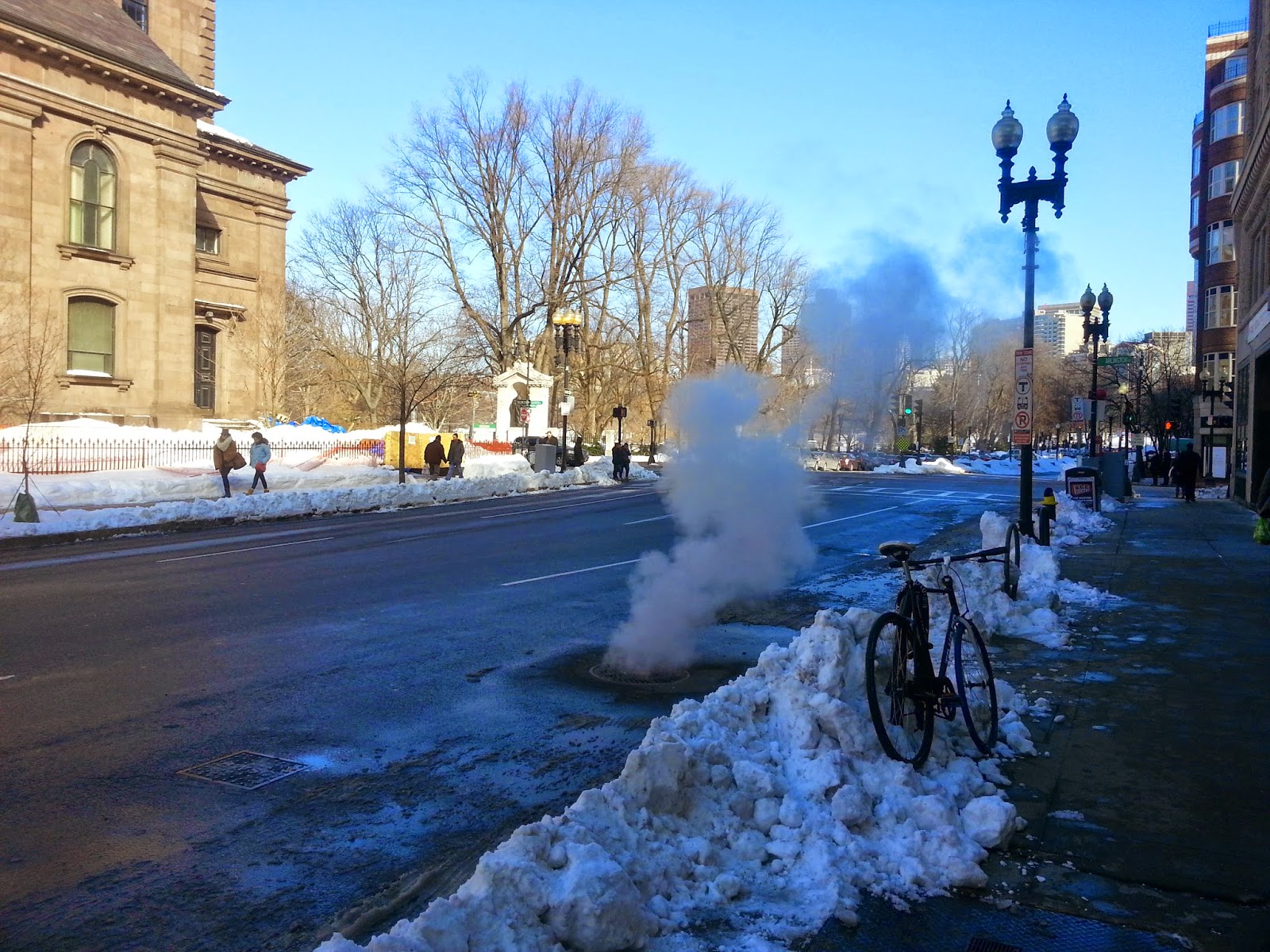In 2015, for the
first time, I was afraid. Afraid for my precious Europe. It's only
three years ago that we, the European Union, won a Noble Peace prize,
for bringing decades of peace to the continent. In 2015, there's no
denying there's a war raging at our border. The Ukranian-Russian war
revealed Europe's limitations, unable to prevent it from unravelling.
Unable to interfere. Embarassing. But perhaps sometimes doing nothing
is better than doing the wrong thing? I hoped.
On the other side of
the border, in 2015, youth unemployment in Greece stood at 50% and
Greek banks closed down for weeks. Inexperienced Greek politicans
collided with their arrogant European counterparts and almost pushed
Greece out of the common European currency. A terrible blow to the
euro project, a powerful
symbol of the ever-growing European idea, was only avoided at the
eleventh hour. The price paid:
humiliation of millions of European citizens, in a deal that was
meant to punish a country rather than help it. For the first time
ever, I was ashamed to be European.
But
both the Ukranian war and the Greek debt crisis faded from the news
as Europe faced an even larger challenge. Dozens, later hundreds of
people died and washed ashore the southern coasts of Europe, as they
tried to seek refugee from war in the Middle East. Indifference was
replaced by outrage over the picture of a dying girl, only to be
replaced by indifference again. Borders which had disappeared within
Europe were replaced again, by security checkpoints or sometimes even
by walls or fences. Never was the European failure as clear as when
thousands of refugees marched across Europe in search for shelter.
For the second time in my life, I was ashamed to be European.
In
my own and dearest Belgium, refugees awaiting registration were
sleeping in the streets. The capital of Europe could not provide
shelter for people who risked their lives and left their families to
get there. Ironically, this was also one of the moments that gave me
most hope this year. Where the Belgian government did not succeed in
relieving the basic needs of these people, hundreds of Belgian
citizens stepped up with tents, blankets, clothes, food, money, and
helping hands. Similar scenes in the rest of Europe. There were
terrible and deeply saddening stories of mosques or refugee centers
being attacked, but the amount of caring, sharing and welcoming
people greatly outnumbered those. In a few decades Angela Merkel will
be remembered less for her handling of the Greek crisis than for her
historic words. Wir schaffen das.
In
2015, acts of terrorism shook Europe. The Paris attacks initially
referred to the Charlie Hebdo shooting, only to be replaced by even
greater terror in the same year. Right as the news broke, I was
afraid. I'm not afraid of terror attacks as much as I am worried
about the way we choose to deal with them. The bellicose language of
French President – and socialist – Francois Hollande resembled
that of George Bush after 9/11. The Bataclan shooters turned
out to be Belgian, but no one ever asked me to apologize because of
my nationality. Unfortunately, that courtesy hasn't always been
extended to a billion muslims around the world. In Brussels, soldiers
on the streets have become a semi-normal sight – greeting me
as I take the Thalys to Paris. During a few days of grave terror
threat, Brussels was virtually locked down in scenes that resembled
Baghdad more than the capital of Europe. When the police
asked the Belgian twitter scene not to report its activity out of
fear of tipping of potential terorrists, my country showed it can
still make light of the situation by flooding twitter with cat
pictures.
In
spite of the pessimistic tone above, for me 2015 was a wonderful
year. It started out with a semester in Boston, where I had the
pleasure to be a visiting graduate student at MIT. It was a great
experience, which not even a record-level snow fall could temper. I
made it to Hawaii. I moved in with a fantastic person! I finished my
PhD thesis! In 2016, I will get to defend my thesis and soon I hope
to call myself a Dr. – after that, once again, the future is wide
open. In a few months, I have no idea which job I will be doing or
even where I will be. For 2016, I wish for my new work life to be
exciting, and I wish to make it work with my girlfriend no matter
where the adventure may take me.
Finally,
for 2016, I wish for my Europe, my Belgium, and yes, my Denmark,
to regain its confidence and its openness. I've heard stories of my
grandparents talking about war and its horror. When I tell my kids or
grandkids, I will tell them I've been lucky never to experience war.
And I want to tell them that the parents or grandparents of some of
their friends, were refugees who were fleeing war in other places of
the world and came to our great continent, where they found shelter.
That when they drowned at our shores, we put a halt to that and our
rescue boats saved them. That we gave food and housing to whoever
needed it. That we welcomed the next generation of Europeans. That
they were many and things weren't always easy, but we rose up to the
challenge and dealt with it. Then I will proudly tell them that in my
country, in my continent, every single man, woman or child who needed
help received it. Because yes, we can – and we have the money,
infrastructure, courage and warmth to do so. Wir schaffen das.
Because we are the richest and most developed continent in the world,
and we lead by example. And because this is 2016. Happy New Year!
Vincent































